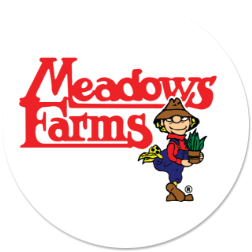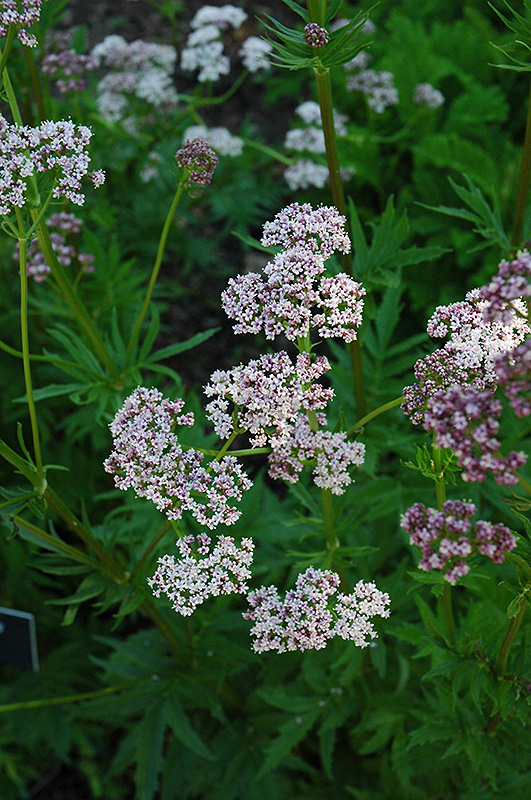Plant Height: 18 inches
Flower Height: 3 feet
Spread: 18 inches
Sunlight:
![]()
![]()
![]()
Hardiness Zone: 3a
Other Names: Garden Heliotrope
Edible Qualities
Common Valerian is a perennial herb that is commonly grown for its edible qualities. The entire above-ground parts of the plant are edible, and can be harvested at any time in the season. The edible parts have a subtle taste and a pleasant fragrance.
The plant is most often used in the following ways:
- Tea
Features & Attributes
Common Valerian has masses of beautiful lightly-scented white flowers at the ends of the stems in early summer, which are most effective when planted in groupings. The flowers are excellent for cutting. Its fragrant ferny pinnately compound leaves remain dark green in color throughout the season.
This is an herbaceous perennial herb with tall flower stalks held atop a low mound of foliage. Its relatively fine texture sets it apart from other garden plants with less refined foliage. This is a high maintenance plant that will require regular care and upkeep, and should be cut back in late fall in preparation for winter. Deer don't particularly care for this plant and will usually leave it alone in favor of tastier treats. Gardeners should be aware of the following characteristic(s) that may warrant special consideration;
- Self-Seeding
Aside from its primary use as an edible, Common Valerian is sutiable for the following landscape applications;
- Naturalizing And Woodland Gardens
- Herb Gardens
Planting & Growing
Common Valerian will grow to be about 18 inches tall at maturity extending to 3 feet tall with the flowers, with a spread of 18 inches. It grows at a fast rate, and under ideal conditions can be expected to live for approximately 5 years. As an herbaceous perennial, this plant will usually die back to the crown each winter, and will regrow from the base each spring. Be careful not to disturb the crown in late winter when it may not be readily seen!
This plant is typically grown in a designated herb garden. It performs well in both full sun and full shade. It prefers to grow in average to moist conditions, and shouldn't be allowed to dry out. It is not particular as to soil type or pH. It is highly tolerant of urban pollution and will even thrive in inner city environments. This species is not originally from North America.



